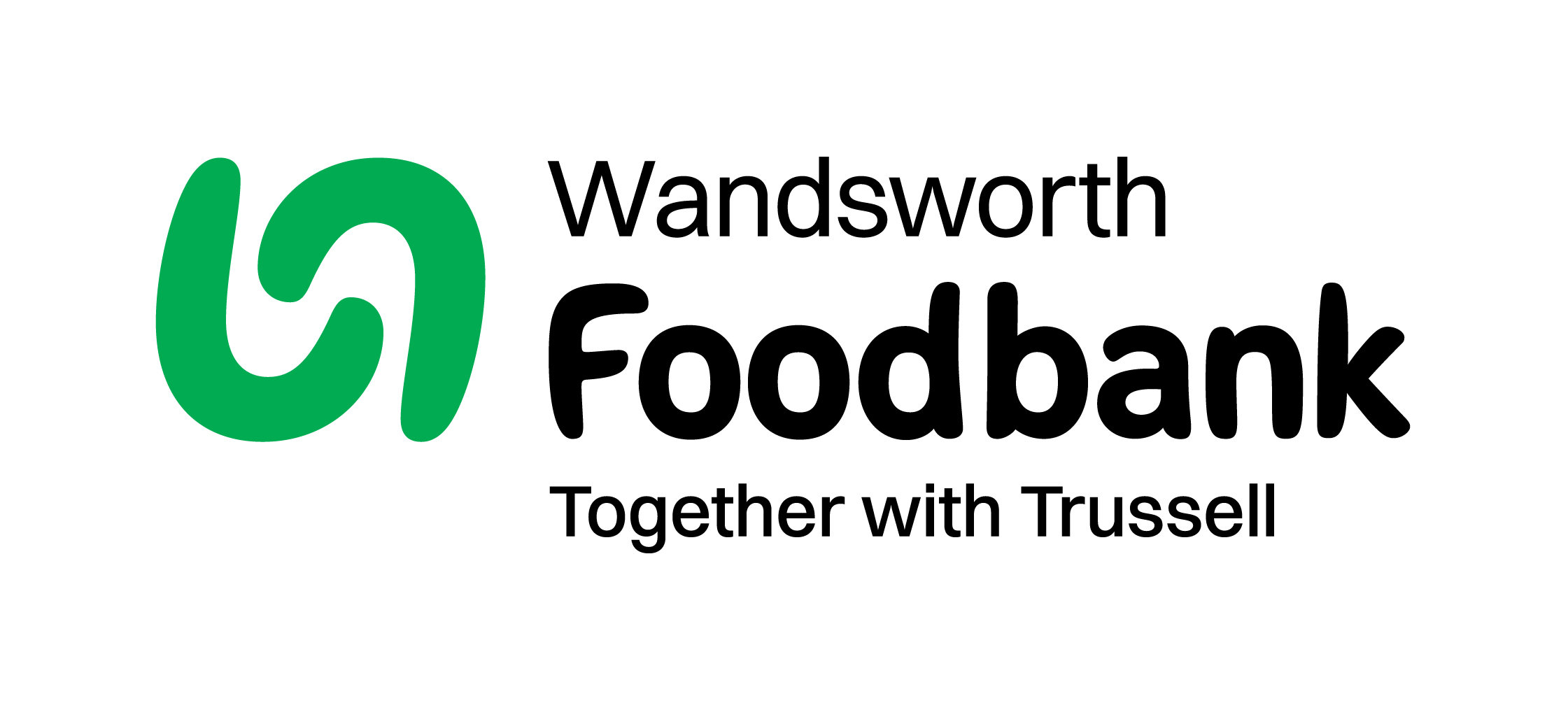News
Press Release: May 2017
23rd May 2017
-
Share this:
- Share on facebook
- Share on twitter
- Share on linkedin
Wandsworth Foodbank provides 4712 three-day emergency food supplies to people referred in crisis in 2016-17
- Wandsworth Foodbank publishes new research on Hunger & Poverty in Wandsworth Borough – looking at why people needed to use the Foodbank in 2016-17
- 4712 three-day emergency food supplies distributed to people in crisis in Wandsworth Borough in April 2016- March 2017 – up 16% on 2015-2016 and nearly twice as many as in the Foodbank’s first year of operation just four years ago (2013-14).
- One in three emergency food supplies were for children.
- 1171 separate households in crisis were referred in 2016-17 – 16% more than in 2015-16
- Problems with benefits were the crisis reason (as cited by referrers) for 39% all referrals
- Low income from low-paid work, or benefits, or a mixture of both, were the crisis reason cited for 28% of all referrals
- 35% of referrals were made by voluntary agencies (eg Citizens Advice Wandsworth)
- 20% of referrals were made by Wandsworth Borough Council (eg family and adult social services)
- 16% of referrals were from GPs, hospitals and mental health services
- 12% of referrals were from the borough’s children’s centres and schools
- Poorer mental health was the most commonly cited impact of hunger and poverty by both referrers and guests interviewed for the research.
In 2016-17 Wandsworth Foodbank provided 4712 emergency food supplies to people referred in crisis. 1 in 3 were to children.
Each referral was made by a local statutory or voluntary agency. The majority of referrals were from Citizens Advice, Wandsworth Borough Council, GPs and mental health services, schools and children’s centres – accounting for 87% of all referrals.
One referrer said “For some of our families, the Foodbank is a serious lifeline, financially, enabling the children to have basic food.”
For the fourth year running, problems with benefits was the most common reason for crisis referral. Referrers voiced particular concern about how well the benefits system supports people with learning disabilities and poor mental health; the quality and accuracy of health assessments for sickness benefits like Employment Support Allowance; the use of benefits sanctions; and the impact of the benefit cap and Universal Credit.
Hunger and poverty severely impacts the lives of people who experience it, and is strongly associated by both Foodbank referrers and guests with poorer mental health (stress, anxiety, depression and suicidality), poorer physical health, increased unmanageable debt and poor nutrition.
In the Foodbank’s new report Hunger & Poverty in Wandsworth, 18 out of 20 guests interviewed at the foodbank during one week in March 2017 said they had experienced poorer mental health in the previous 12 months; six of whom had thought about or attempted to take their life during the last year. 1 in 4 referrers cited clients showing suicidal tendencies in the previous 12 months.
Wandsworth Foodbank is calling on politicians locally and nationally to take seriously the need for action to address the root causes of hunger and poverty, and for improvements to be made to the benefits system and to local financial emergency provision like Wandsworth Council’s Discretionary Social Fund, so that less people, not more, have to use the Foodbank to meet their basic needs in the year ahead.
Dan Frith, Wandsworth Foodbank Manager, says:
‘We are very concerned about this growing trend, where we have seen significant increases in the number of households facing hunger and hardship for the fourth year running. We would call on the government and local council to take seriously the recommendations of this report, and do everything possible to see the trends reversed and less people, not more, need our help this coming year.’
ASHA’S STORY (her name has been changed)
Asha is a mum of three whose partner worked as a delivery driver until he became unwell, with back problems and severe depression. His employer paid £80 per week sick pay for six months. They then received Employment Support Allowance until, after a medical assessment, he was found fit to work and ESA payments stopped. Asha was referred to Wandsworth Foodbank by Jobcentre Plus.
“The Jobcentre told him he needed to do his job in a wheelchair. His job? It doesn’t make sense. But even to work, he needs to get out of depression first. The problem is when he starts to feel better, all this stuff is coming to us, and it makes him feel more down. Just last week he took an overdose.
It’s like a nightmare. The system makes it worse for you and in the end they just leave you in the problems. You really have to be in the same situation, no changes, to be safe. Any small problem and you can lose everything.
The Foodbank is great, because I came to take just food, and I received a voucher for electricity so another stress will go out, because we only had £6 left on our prepayment meter. You’ve given me an appointment to see the Foodbank advisor, to discuss my situation. Just talking to you I feel less stressed.”
Guests to Wandsworth Foodbank can access emergency food and essential toiletries (eg loo roll and sanitary products); signposting to further help; direct referral to the Citizens Advice Foodbank Advisor; Fuelbanks and Families help for electricity and gas (for families with children under 18); and a cup of tea and a chat.
Wandsworth Foodbank employs 3 members of staff (one full-time, two part-time), and relies on a strong team of 270 local volunteers, who in 2016-17 gave 9700 hours to support their neighbours in crisis.
Wandsworth Foodbank receives no government or council funding, and is thankful for everyone across the community who donated food, essential toiletries and money to support local people referred to the Foodbank.
END
